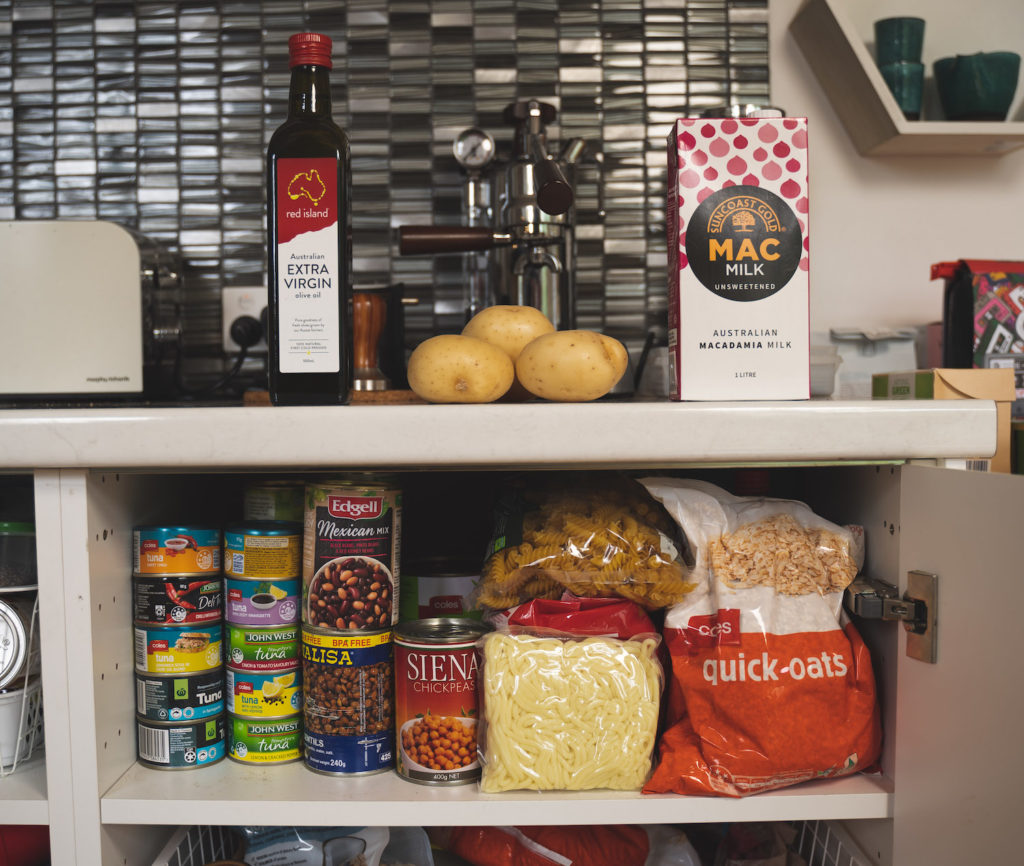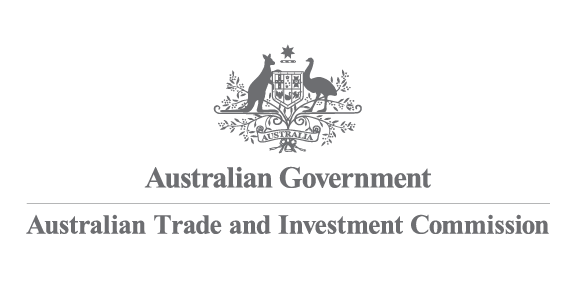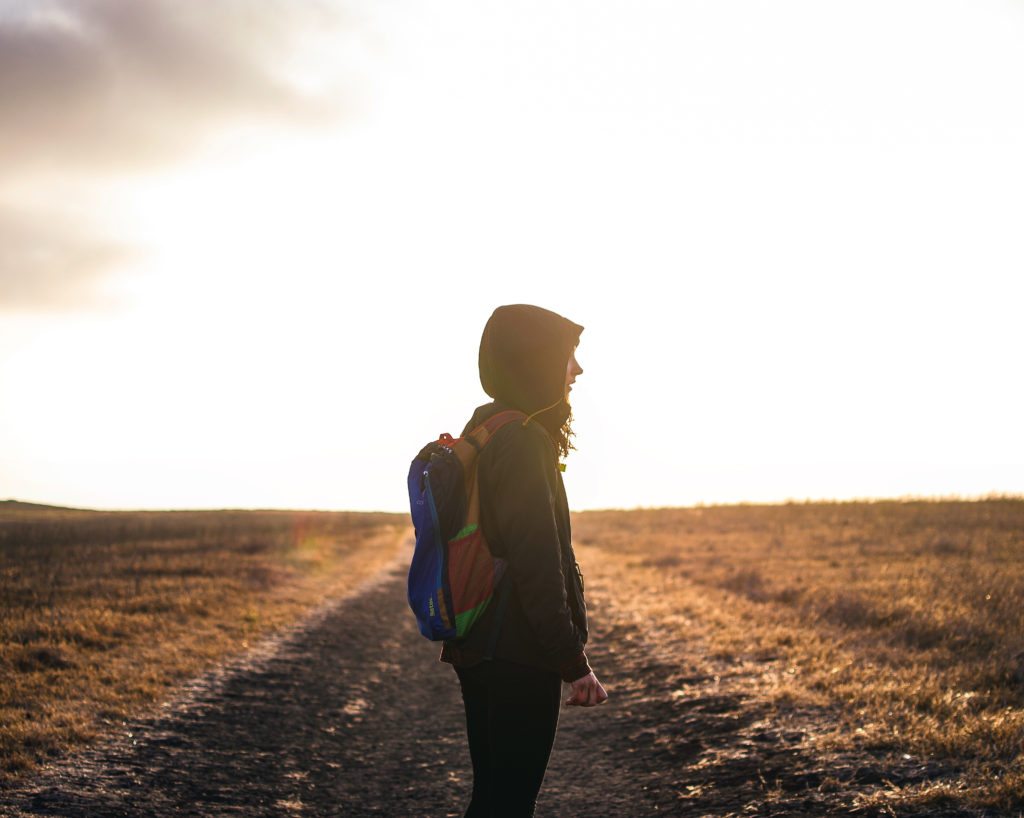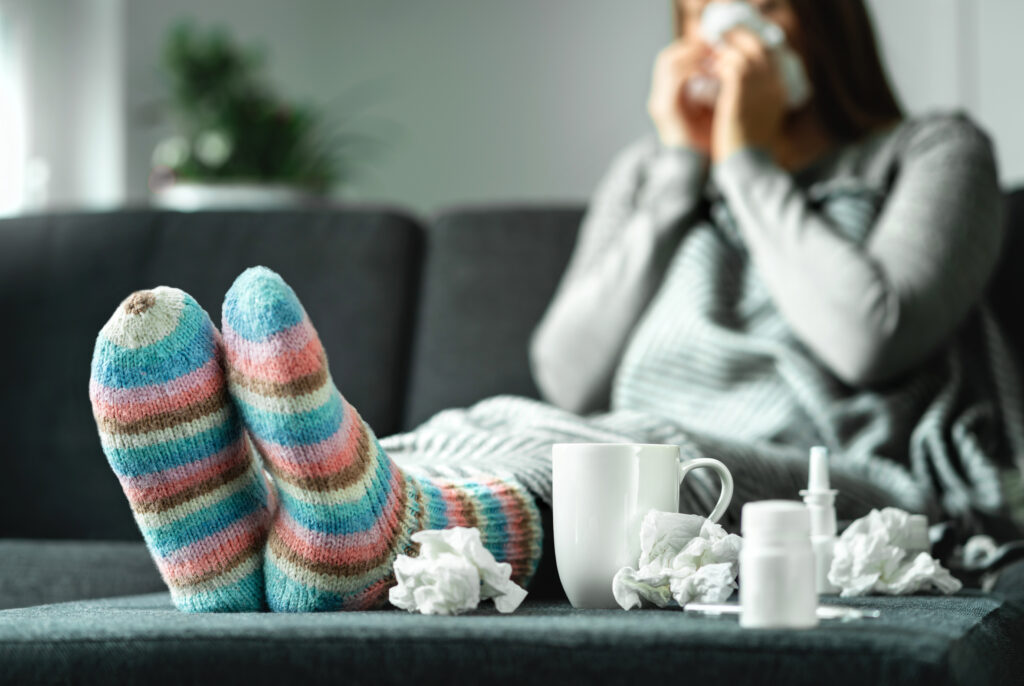A diet of instant noodles may seem like the easiest thing option while self-isolating, and for those who can still get to a supermarket, you might find staple groceries selling out. However, maintaining a healthy lifestyle and nutritious diet is extremely important during the COVID-19 pandemic.
Speaking to Insider Guides, Lucy Fairlie-Jones, Nutritionist (BNutr, Hons, RN) at Good Habits, outlines how to stay healthy and happy while isolating.
How important is it to keep a regular diet up during self-isolation, and how can I do that?
A healthy diet helps us to maintain a strong immune system and assists with the prevention of disease. Eating a wide variety of foods is key. The question is, how can we do this when the supermarket shelves are empty?
Well, there’s good news. Australia produces the majority of its own food, so it’s unlikely we will have prolonged shortages. Just so you’re prepared, it’s worth keeping your fridge and pantry stocked for two weeks ahead and storing a few long-life items too.
Once the supermarkets have dealt with the recent surge in demand, shelves should be stocked and online shopping will be more reliable.
What tips do you have in regards to maintaining a balanced life during COVID-19?
Keeping a good routine is really important when you’re self-isolating. If you’re working or studying from home, make sure you do the following.
- Wake up and go to sleep at the same time each day. It’s tempting to stay up late and sleep in, but this will impact the quality of your sleep and leave you feeling lethargic during the day.
- Take regular breaks from technology. Studies have found that prolonged screen-time is correlated with increases in depression and anxiety.
- Allocate a small amount of time to read the news, then don’t look again for the rest of the day. It’s good to stay up to date with world events, but it can become overwhelming and unhelpful when we look at the news too often.
- Socialise. Video-chat with your parents or call a friend to catch up. It’s scientifically proven – connecting with others makes us feel good.
- Spend 30 minutes moving each day. A brisk walk or some indoor yoga or cardio workouts will boost the immune system. It can be hard to motivate yourself when you’ve been indoors all day, but once you get going you will feel so much better.
- Catch some rays. Twenty minutes outside in the sun during winter will give you your daily dose of Vitamin D – a nutrient that will help protect you from infections. If you can’t leave your home, be sure to stand on your balcony or open a window, as Vitamin D can’t pass through glass.
Are there particular foods I should avoid having lots of?
Now is not the time to be surviving off snack foods like two-minute noodles and packet soup, or chocolate bars and soft drinks (a.k.a. soda). Foods that are high in sugar and salt and low in nutrients will make us feel tired and more prone to becoming unwell.
What foods should I be having a lot of?
Forget toilet paper! Until we have a vaccine, your best weapons against COVID-19 are fruits and vegetables (and self-isolation, of course).
Australians aren’t great at eating fruit and vegetables at the best of times. According to the Australian Bureau of Statistics (2017-18), only 50% of Australians met the recommended intakes for fruit (2 or more serves) and 7.5% for vegetables (5-6 serves). If you don’t eat many vegetables now, it’s not too late! You can always benefit from eating more vegetables.
What long-life foods are still good for me?
Believe it or not, there are lots of really healthy long-life foods. Here are some of my favourites:
- Canned beans – e.g. lentils, chickpeas, kidney beans (no salt added)
- Beans are really high in iron and protein which are great for the immune system
- Brown rice, brown rice noodles and wholemeal pasta
- Sweet potato and potato (can keep for 2-3 months in a cool dark area)
- Tofu (can be frozen for 6 months)
- Cheese (can be frozen for 6 months)
- Soy milk (good source of protein)
- Frozen berries (high in antioxidants)
- Frozen mixed vegetables (remember: all vegetables are good for you)
- Oats
- Tuna
- Extra virgin olive oil (the healthiest oil to cook with – scientifically backed)
Don’t forget your low-sodium condiments and dried herbs/spices. They keep your meals interesting and have added health benefits.
What are some of the best recipes I can be making at home while supermarkets are running low on stock?
If you have a few pantry items such as rice, pasta or noodles, and a vegetable or two, there are tonnes of options!
Often when I can’t make it to the shops, I’ll throw together a quick homemade fried rice or vermicelli noodle stir fry with whatever I have in the fridge. If I don’t have any meat, I’ll use eggs or tofu.
I also love making a one-vegetable pasta or noodle dish with lots of olive oil. For example, last night I had brown rice vermicelli noodles with egg, grated carrot and some fresh spinach from the garden. It was delicious!
What are some of the best ordering-in/takeaway options I can have?
It’s a great time to support local cafes and restaurants, many of which are offering amazing takeaway options. Being a nutritionist, I can’t help but love a good salad bar, but there are so many diverse global cuisines to choose from. These are some of my favourites:
- Indian/Afghan – dahl, mixed vegetables and rice
- Thai – vegetarian laksa
- Japanese – brown rice sushi or ramen soup
- Chinese – stir fry chicken/prawns and vegetables with rice or steamed fish, bok choy and rice
- Korean – steamed dumplings
Where possible, ensure your plate is full of vegetables. I often choose a vegetarian option, as the meat options tend not to have as many vegetables.
Aim to avoid deep-fried, oily foods, as takeaway restaurants often cook with cheap, unhealthy oils. Pick steamed or grilled instead of fried.
At the end of the day, nothing truly beats home-cooked food. Even if you aren’t a good cook, self-isolation is a great time to put your chef’s hat on and try a new recipe!
How important is sleep? How many regular hours should I be getting?
Sleep quantity and quality matters. In fact, studies have shown that those that don’t get enough sleep are more likely to become unwell with a cold or flu. Not only this, but it can make it more difficult to recover from the sickness.
Most adults require seven to nine hours of sleep. Very few people need less than this.
Make sure you’re sleeping in a dark, cool room and avoid taking long naps during the day to improve the quality of your sleep at night.
Study in Australia is the Australian Government’s official resource for international students. Study in Australia partners are here to support the Australian international education community. Whether you’re in Australia or abroad, visit www.studyinaustralia.gov.au or follow the Study In Australia social media channels for up-to-date COVID-19 information for international students.
Study in Australia Facebook
Study in Australia Instagram
Study in Australia Weibo (澳大利亚政府教育推广官方微博)
Study in Australia WeChat (澳大利亚政府教育资讯)






